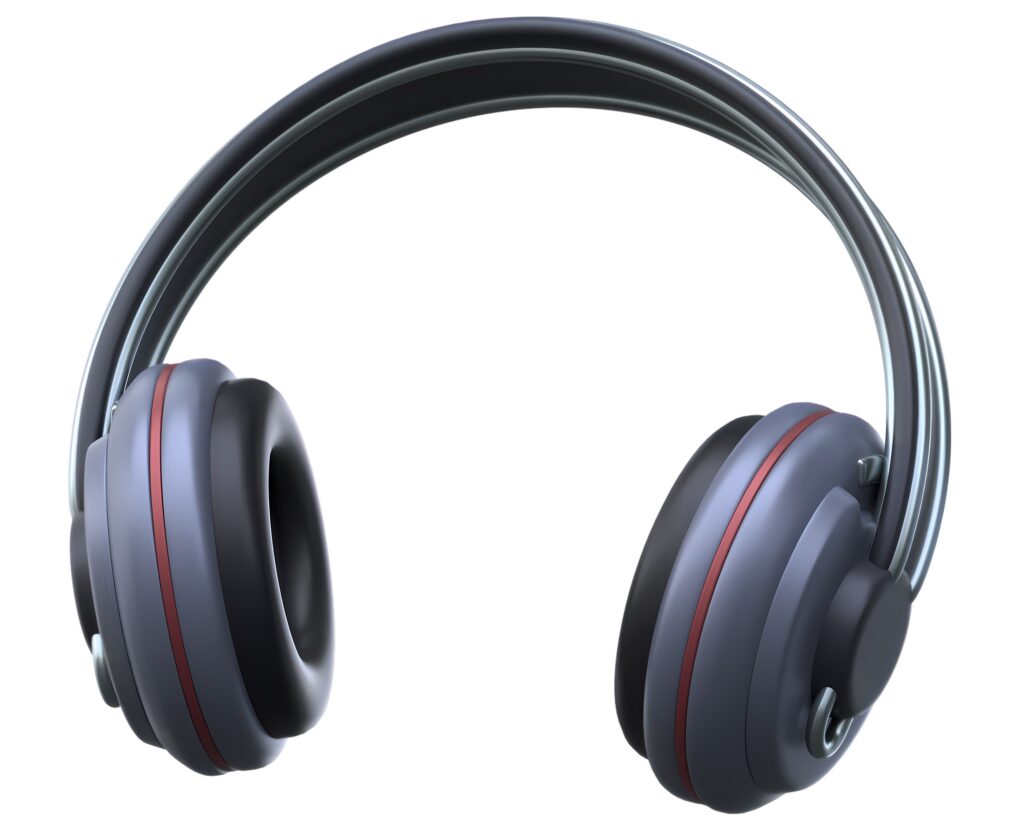 After I retired from what I call “my real job”, I became the director of a program sponsored by the local branch of Michigan Works! The original version of the program placed a teacher in an area business for four weeks during the summer. The teacher learned the workings of the business while completing a project for the business partner. The idea behind the concept was that teachers would have the opportunity to learn more about the business community and businesses would make a solid connection with educators. Businesses gained a return on their investment by having a project completed. Teachers could go back to their classroom better prepared to make connections for their students to the world outside of school. They were fully prepared to answer the student question, “When am I ever going to use this?” The “this” part of the question referred to math skills, language lessons, scientific concepts, etc. etc. The teachers used these skills during their own work and pointed to concrete examples of their experience. The program is called the Regional Business Fellowship and is the spin-off of a program originally developed through the local union and Delphi in the 1990’s.
After I retired from what I call “my real job”, I became the director of a program sponsored by the local branch of Michigan Works! The original version of the program placed a teacher in an area business for four weeks during the summer. The teacher learned the workings of the business while completing a project for the business partner. The idea behind the concept was that teachers would have the opportunity to learn more about the business community and businesses would make a solid connection with educators. Businesses gained a return on their investment by having a project completed. Teachers could go back to their classroom better prepared to make connections for their students to the world outside of school. They were fully prepared to answer the student question, “When am I ever going to use this?” The “this” part of the question referred to math skills, language lessons, scientific concepts, etc. etc. The teachers used these skills during their own work and pointed to concrete examples of their experience. The program is called the Regional Business Fellowship and is the spin-off of a program originally developed through the local union and Delphi in the 1990’s.
Five years ago I learned of a program in Ottawa County called IChallengeU. The Ottawa County program places two teachers with of group of students in a local business for two weeks. The team of students answers a “driving question” asked by the business. After learning about this program, I developed my own local version, called it iChallengeU (Not very original but why spoil a good thing?), and have been promoting it ever since. When we decided to use social media as a means of promoting the program, we modified the social media links to iChallengeU Now. This remains an underused marketing technique.
Tomorrow, iChallengeU kicks off the 2018 program. Eight groups of students will begin working with eight different area business partners. My teams are composed of a single teacher and a team of 4-6 high school students. Each team will address a question provided by an area business.
This is a win-win-win program for everyone involved. Business partners gain a proposed solution to a real problem. Teachers are trained in project based learning, earn continuing education credits, and receive a cash stipend. Students are exposed to the real world as they earn articulated college credits, college scholarships, and compete for additional scholarship opportunities. My role is to identify all of the players and develop a working team.
During the last five summers 136 students have worked on 32 business projects. In addition to helping companies address 32 different problems, students earned 408 articulated credits, and have been awarded $222,000 in college scholarships. Last year one of my higher education partners held the first statewide iChallengeU competition. Participating teams represented Ottawa, Jackson and Lenawee Counties. One of my teams won the competition and the six members of the team were each awarded a two-year scholarship valued at $22,000.00 for a total of $132,000. This increased the total award to my 136 students to $354,000. Kate and Reanna are taking advantage of the two-year opportunity and I expect that the other four may follow.
Two years ago one of my students was awarded a $1,000 scholarship at one of my Michigan universities. Sydney planned to major in marketing but hadn’t considered the school that awarded her the scholarship. Upon earning the $1,000 scholarship she decided to apply to the school. She was accepted, and after the school admissions director reviewed her academic record and financial need, she was awarded a “full ride”. Her two-week summer experience is paying for her entire college education and changed her life forever.
As I have explained to the students, articulated credits and college scholarships are like “gift certificates” or “coupons”. They have value if you turn them in and use them. The thing is, you can’t turn them in if you don’t have them.
Although most students may not realize it for a few years, the greatest “take away” is the opportunity to work in a place, and with people, that help them mold their future.
These are examples of questions that have been asked and answered in prior years.
“What can we do to support leadership development for a sustainable succession model?”
Students developed a “toolbox” to track all professional development opportunities that employees complete. The toolbox will be used as a written record. They also made recommendations for the sharing of new knowledge throughout the system. Professional development, and the promotion of best practices, will be used as one measure when promotions are made within the organization.
How do we make the cardboard recycling process more efficient and cost effective?
Students developed a series of nine solutions resulting in potential savings to the company. Annual savings ranged in value from a few thousand dollars to over $600,000. Each solution provided the increased benefit of improving employee safety on the plant floor and offered a plan for relocating displaced workers within the company.
How do we get prescription drugs back where they belong?
An outreach program was designed to be implemented throughout Lenawee County. The focus of the project was centered upon developing community awareness, including a series of recommendations for area doctors. (The summer of 2017 project was expanded and became a school year challenge for seven local school districts in Lenawee County during the 2017-18 school year. The recommendations of these students will begin to be implemented throughout the county this fall, potentially impacting the life of every Lenawee County resident.)
I’m looking forward to the next two weeks to see what the summer of 2018 brings.

